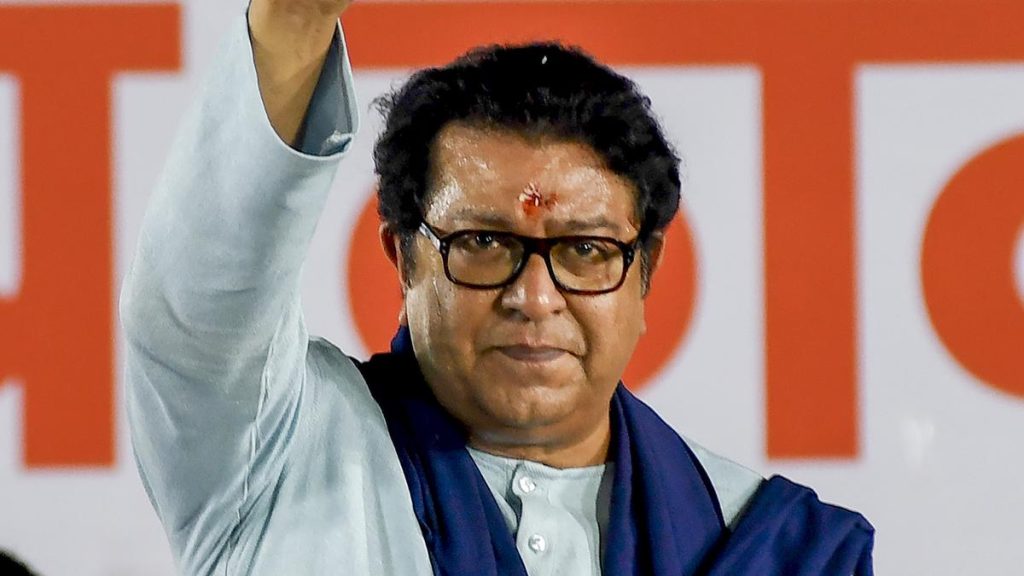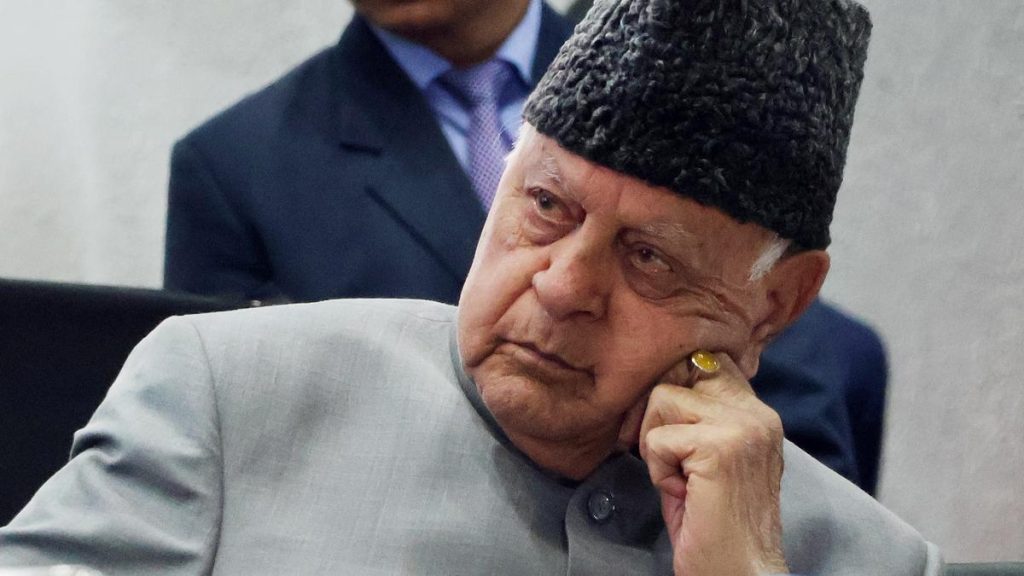Now Reading: Madras HC Declines to Quash ECI’s Prosecution of K.C. Veeramani Over False Affidavit
-
01
Madras HC Declines to Quash ECI’s Prosecution of K.C. Veeramani Over False Affidavit
Madras HC Declines to Quash ECI’s Prosecution of K.C. Veeramani Over False Affidavit
Fast Summary
- the Madras High Court dismissed a quash petition filed by former AIADMK Minister K.C.Veeramani,who faced criminal prosecution for allegedly suppressing asset details in his 2021 election affidavit.
- Veeramani lost the 2021 Legislative Assembly polls from Jolarpet constituency to DMK MLA K. Devaraji by a margin of 1,091 votes.
- A complaint was made during the nomination process in March 2021 by B. Ramkumar,alleging false declarations about assets and liabilities in veeramani’s affidavit.
- Initial action on this complaint was delayed due to proximity to polling; though, investigations continued post-results under instructions from the Election Commission of India (ECI).
- A thorough inquiry conducted by the Income Tax Department highlighted discrepancies between Veeramani’s I-T returns and his election affidavit, including undeclared properties abroad and false PAN numbers linked to family members.
- Based on these findings and further inquiry by the ECI, criminal prosecution was initiated against him in 2024 despite a delay which he attempted unsuccessfully to contest.
Indian Opinion Analysis
The Madras High Court’s decision reinforces accountability standards for candidates participating in elections. By allowing criminal proceedings against K.C. Veeramani despite objections over procedural delays, it underscores that alleged misrepresentation of assets cannot be ignored or evaded through technicalities of timing or office tenure changes.
This case could have notable implications for India’s electoral system as it upholds stringent scrutiny regarding affidavits filed by candidates-a vital element for transparency and voter awareness. Moreover, it shows active interventions from institutions like ECI and Income Tax authorities working collaboratively toward ensuring electoral integrity.
Such rulings could serve as precedents urging future candidates across political lines to disclose complete facts truthfully while filing their affidavits. The court’s focus on instituting detailed guidelines further highlights an evolving framework aimed at reducing loopholes concerning election-related violations.For more details: Source Link
























